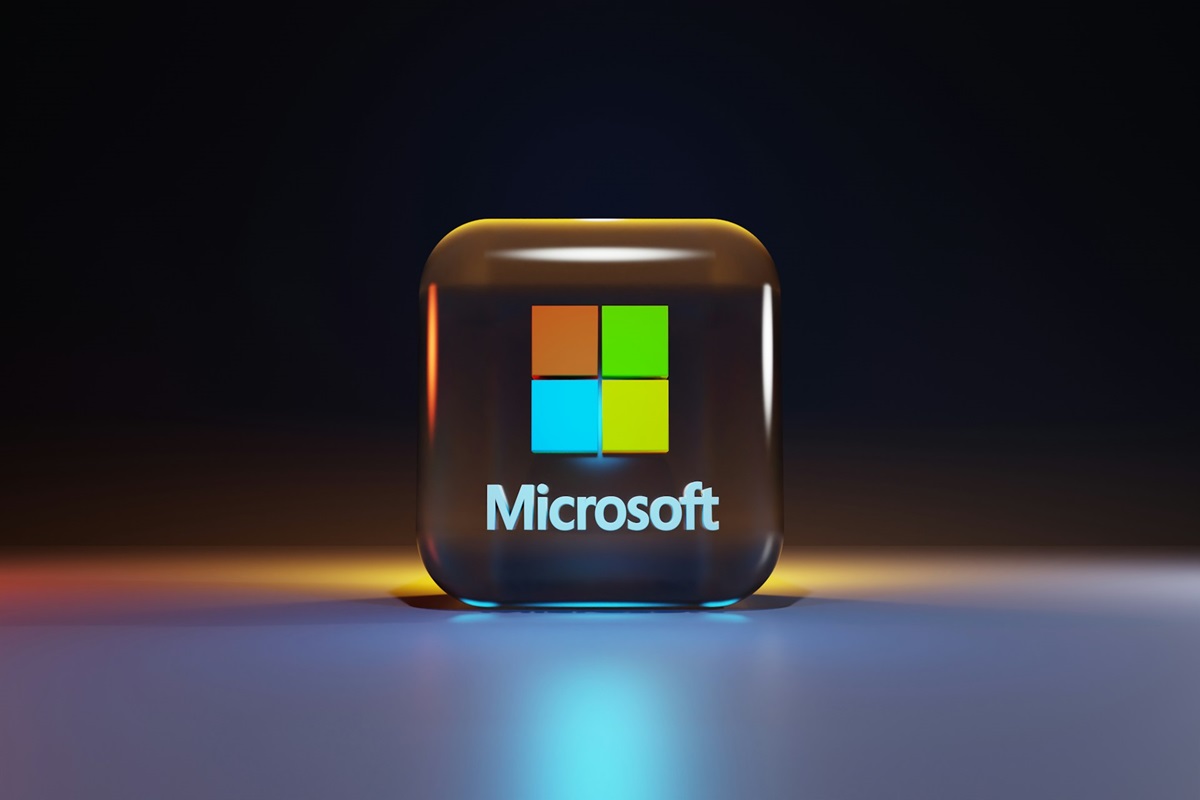In the United States, the Federal Trade Commission (FTC) has launched an antitrust investigation into Microsoft, which drilled all aspects of the technology giant’s activities, including, among others, business related to cloud computing, software licensing, functional solutions in the cybersecurity area and artificial intelligence products.

As reported by the media, referring to insiders, aware of the details of the mentioned process, antitrust enforcers have prepared an in-depth request to force the company to turn over the information necessary for the investigation. The journalists’ informants noted that for more than a year, the technology giant’s competitors and business partners had been interviewed. The mentioned request, consisting of hundreds of pages, was sent to Microsoft after FTC chair Lina Khan signed it off. This information was published by the media, referring to an insider.
It is also preliminarily known that FTC antitrust lawyers intend to meet with competitors of the technology giant next week. The purpose of this meeting is to gather additional information about the business practices of the company based in Redmond, Washington. The media reported the relevant information, referring to insiders. It is worth noting that all the journalists’ interlocutors preferred to use the right of anonymity, since the antimonopoly investigation and its details so far belong to the confidential category.
Representatives of Microsoft and the FTC declined to comment on the mentioned information.
The regulator has paid close attention to the technology giant’s business in the cloud computing area after several incidents in the cybersecurity area related to the company’s products. In this context, it is worth noting that Microsoft is a leading government contractor providing software and cloud services worth billions of dollars to United States agencies, including, among others, the Defense Department.
The information demand sent to the technology giant is one of Lina Khan’s latest moves as she steps down after helming one of the most aggressive pushes against consolidated corporate power the agency has delivered in decades.
It is worth noting that currently, expectations are actively spreading in the business environment that after the return of Donald Trump, who won the United States presidential election in the current month, to the White House in January, the country’s approach to regulation will be softened. By that time, the FTC will have a new chair, whose name has not yet been announced.
The mentioned regulator is resuming its scrutiny of Microsoft’s business practices more than 25 years after the US government sued the technology giant over an approach related to the bundling of the Windows operating system and the browser, trying unsuccessfully to break it up.
As the media reported, referring to insiders who are aware of the content of the FTC information request, in this case, a kind of semantic core of the investigation is that the company is bundling both its popular office productivity and security software with its cloud offerings.
The interlocutors of the journalists noted that Microsoft’s failings in the cybersecurity area, combined with its reputation as a government contractor, are perceived by the regulator as an example of the problematic power of the technology giant in the market.
The FTC report, released last November, contained statements declaring concerns that the concentrated nature of the cloud market means that outages in the process of functioning or other problems that worsen the quality of cloud provider services can become a factor of cascading impact on the economy or specific sectors.
In the current year, the CrowdStrike crash, which affected millions of devices operating on Microsoft Windows systems, became an example of the widespread use of the technology giant’s products and the impact that relevant practices have on the global economy.
As reported by the media, citing insiders, part of the FTC investigation is focused on an aspect of the company’s activities related to Microsoft’s security software Entra ID, formerly known as Azure Active Directory. This digital product helps to authenticate users logging in to cloud-based software.
Competitors have repeatedly complained about Microsoft’s licensing terms. There were also complaints about the bundling of software with cloud services. In this context, it was noted that the mentioned Microsoft practice has such specifics that it makes it difficult for companies dealing with authentication and cybersecurity to compete.
Firms such as Salesforce Inc.’s Slack and Zoom Communications Inc. described as the anti-competitive technology giant’s approach, which provides giving away its Teams video-conferencing software for free in a bundle with popular software products like Word and Excel.
It is worth noting that currently, the Microsoft activity space is very wide and, as a kind of unified structure, includes many segments with different functional orientations. For example, the technology giant was quickly able to become one of the main players in the global artificial intelligence industry. In this case, the factors of a positive result were financial injections into OpenAI and the development by Microsoft of its own machine intelligence system called Copilot, which was built on the company’s existing cloud computing, enterprise software, gaming, and device businesses.
For the technology giant, investigating potential violations of antitrust law principles is not a new experience. This year, European officials considered the possibility of conducting an investigation into Microsoft’s partnership with OpenAI as part of a broader effort to assess competition in the artificial intelligence area.
The technology giant also faced some kind of opposition from the FTC during the implementation of the deal to acquire video game publisher Activision Blizzard for $69 billion. The implementation of this business agreement was successfully completed in October last year. At that time, the FTC argued that the mentioned deal would form the technology giant’s monopoly on video game publishing.
As we have reported earlier, Microsoft to Invest $4.8 Billion in Italy.









